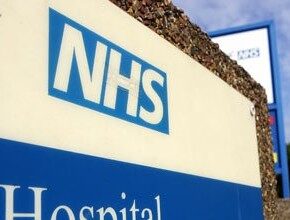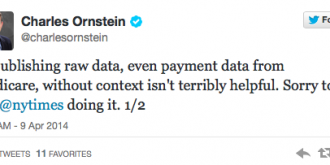The US Food and Drug Administration recently looked into complaints about a permanent birth control device called Essure. A medical team from Weill Cornell Medicine in New York reported a 10-fold higher occurrence of repeat operation during the first year of implantation. In Europe, the PIP breast implant remains an indelible scandal. The question here is why are approved devices causing serious safety concerns in the market? Clearly, tighter regulatory oversight does not prevent the rise of malfunctioning medical devices. On the part of the device manufacturer, following the regulations perfectly does not mean that all safety, quality and effectiveness parameters have been addressed.
Essure, sold by Bayer, was approved via the 510(k) process. This route exempts medical devices from clinical trials if they are proven to be substantially equivalent to a similarly marketed device. As a result, any clinical data obtained from abbreviated studies would be inadequate to give credible and representative conclusions about device safety and performance. Should Bayer have conducted a full randomised, blinded clinical investigation instead? The answer to this question should be derived from sensible business decision-making, and not a regulatory one. Fully understanding product characteristics from both benefit and risk perspectives is a vital underpinning of the value proposition for medical devices. The primary customers of medical devices are the end-users and/or patients whose requirements should rightfully take precedence above, beyond and despite regulatory rules.
A potent business tool specific to medical devices that could help to address this is the ISO14971 risk management standard. The requirements of this standard are the same for all medical devices regardless of risk classification and approval pathways. It requires all device manufacturers to take every reasonable step to ensure that risk levels are reduced as low as possible. Vis versa, shorter approval pathways for lower risk devices do not offer any relief to risk reduction measures. Therefore, if a thorough clinical trial is needed to provide a complete risk/benefit profile for a device, then this should be done despite the regulatory process. This means that a risk management process for a 510(k) approval should not be less thorough than for a PMA.
A device manufacturer that uses an abridged approval process as an excuse to cut corners on risk reduction will not only place a hazardous medical device in the market, but such indifference to basic total quality tenets is in itself ruinous to medical device innovation and long-term business competitiveness.






